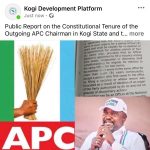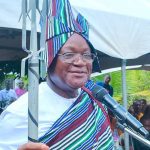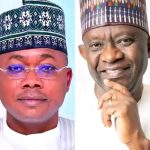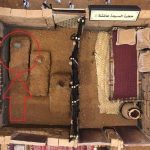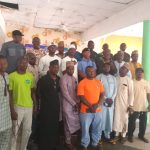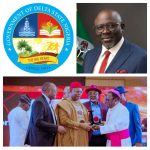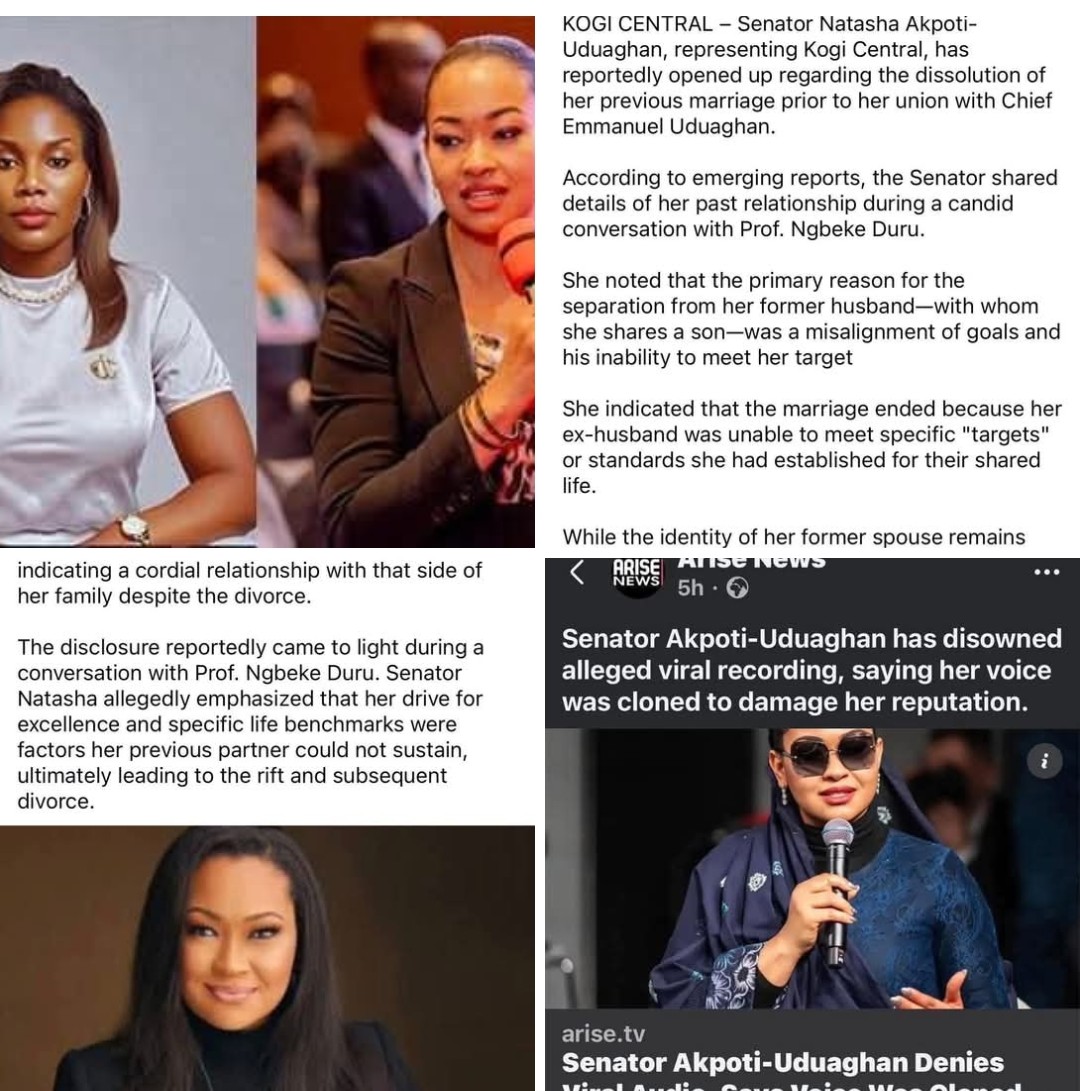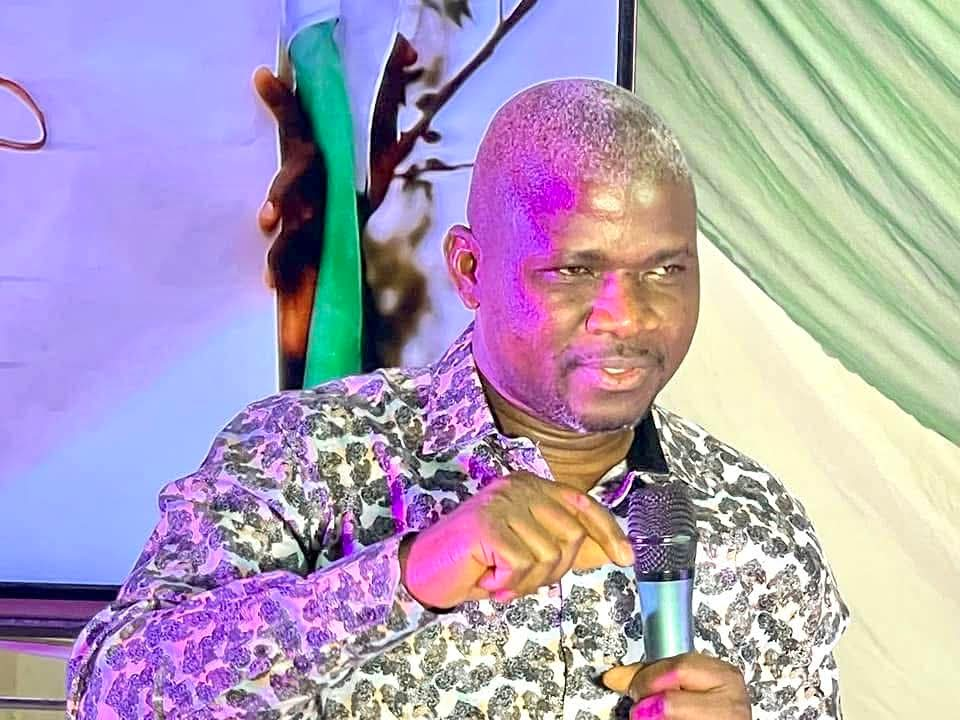Causes of Ethnic Clashes in Northern Nigeria by Dr Austin Orette
The crisis involving Hausa, Fulani, and other groups in Northern Nigeria, which dates back to the 1940s–1970s and continues today, fundamentally centers around land ownership and usage.
The Hausa and other native groups are generally recognized as the owners of the land, while the Fulani, traditionally pastoralists, historically lack land ownership and have relied on grazing for their cattle.
This situation has led to conflicts primarily over access to land and water resources between the predominantly Muslim Fulani herders and the mainly Christian farming communities.
Although the dispute is fundamentally about land use, Fulani pastoralists seeking grazing land and local farmers protecting their crops, the conflict has taken on religious and ethnic dimensions because the farmers are often Christian ethnic groups, while the Fulani are mostly Muslim.
This mixture of resource-based conflict with religious and ethnic identity has exacerbated violence and killings over the decades. Some sources even classify recent violence as genocide against Christians by Fulani jihadists, but the core issue historically remains about land access and ownership.
The military throughout the past years tried to use government decrees to forcefully take land from the natives and give it to Fulani. One of those laws is the Land Use Decree authored by Olusegun Obasanjo.
Still, the natives resisted it. It is this struggle for land that led to various crises. The Fulani people are nomads. They used to be transient and seasonal visitors. Due to climate change and other modern issues, they now see the need for livestock settlements. They have also become desperate.

Those using cow dung as manure for their farms are now hostile because the Fulani people are staying longer and beginning to have an attachment to the land that was not there. They tried very hard to use the military and they failed. This desperation is what is leading to clashes and ethnic wars in the North.
It is easy to call it a religious war when there is an ulterior agenda. This is more incendiary and fits the framework of those who call Nigeria a zoo.
In an article I wrote last year, I pointed out that the new translation is a language of the separatist. It is a language that is loaded and packaged for the international press and attracts world powers to get involved.
When they came in, they saw a trove of mineral treasures and the clandestine mining of these minerals opened another front in the struggle of the Northerners to hold on to their land.
This is why I am against these Biafra separatists whose only mission is propaganda and confusion.
If you listen to these people, you will not know that there are Fulani Christians and Muslims. To them, everything is black and white. Due to their high position in CAN (Christian Association of Nigeria), they turn every dispute into Islam versus Christian war.
There are a lot of people in the North who don’t believe in either. The separatists cry more than the bereaved. More Muslims have been killed in the North than Christians in all these land skirmishes.
There is no religious war in Nigeria but the Biafran separatist would like everyone to believe that and join in the disintegration of Nigeria.
I have Muslim friends in Zamfara who are suffering from this crisis. To what purpose do the Biafran Separatists do this? I don’t know. I have come to the firm conclusion that the Biafrans should be allowed to leave Nigeria. I can no longer ignore the injuries and hatred coming from this group. My thinking right now is how we will address the borders.
They are willing to go to war to achieve their dream. The energy being spent to keep the Biafrans in Nigeria is not worth it. Nigeria should start the process of letting the Biafrans leave the country. It is difficult to keep an unruly horse in a barn. A rabid dog in the house is a danger to everyone.
DR AUSTIN ORETTE WRITES FROM HOUSTON TEXAS
